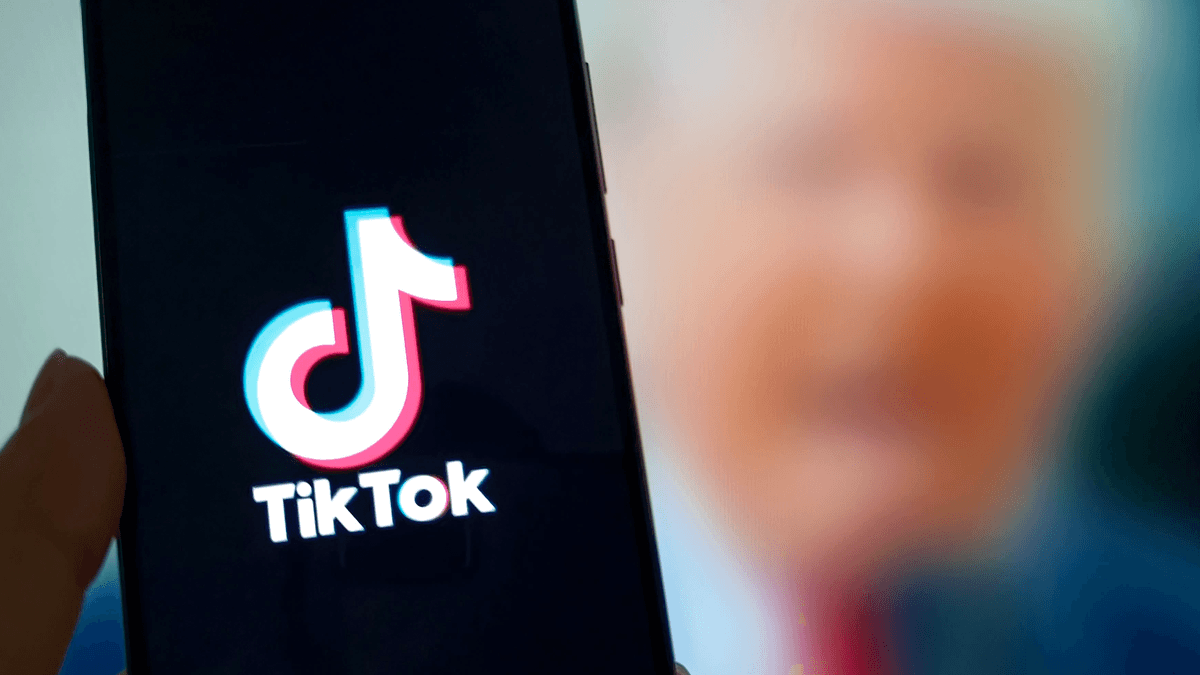Necessary Always Active
Necessary cookies are required to enable the basic features of this site, such as providing secure log-in or adjusting your consent preferences. These cookies do not store any personally identifiable data.
|
||||||
|
||||||
|
||||||
|

US President Donald Trump has said that several wealthy people want to buy video streaming platform, TikTok. The President said that he could reveal the identities of these individuals in about two weeks, CNBC reported.
According to Trump, the TikTok buyer deal might probably require approval by Beijing to move forward. However, he expressed optimism the Chinese leader could agree to it, “I think President Xi will probably do it,” he said.
This month, President Trump delayed enforcement of the Protecting Americans from Foreign Adversary Controlled Applications Act, which mandates the sale of the social media platform for the third time. This legislation is commonly referred to as the divest-or-ban law.
With the latest extension, TikTok’s parent ByteDance must reach a deal to sell the platform by September 17. Through the order, Trump instructed the US Justice Department not to enforce the divest-or-ban law, or impose the fines related to it. TikTok had filed a case challenging the constitutionality of this law in the US.
However, the video streaming platform lost its appeal at the US Supreme Court. The Court upheld the divest-or-ban law in January of this year, causing it to take effect a day before Trump was sworn into office for his second term. On January 19, TikTok was removed from Google and Apple app stores in the US.
However, the service was restored hours later following Trump’s pledge to sign an executive order to extend its stay. In the first order, Trump extended TikTok’s stay in the US by 75 days. In April, the President signed another 75 day extension order that was to expire on June 19.
This delay has sparked questions about the future of a deal that could keep TikTok operating in the U.S. So far, the Chinese government hasn’t said much, except that any sale would likely have to exclude TikTok’s algorithm. The algorithm is an important part of what makes the app successful.
The US banned TikTok through the divest-or-ban law based on national security risk claims. This legislation, which was passed by the US Congress in April 2024 and signed into law by former President Joe Biden, mandated TikTok to divest its US operations.
At the time, lawmakers cited concerns that TikTok or its parent company could give the Chinese government access to US user data. TikTok denied these claims. Initially, the legislation was supposed to take effect on January 19. Trump has been using executive actions to delay implementation of this law repeatedly. His actions have consistently been criticized for overruling congressional lawmakers.
During his first term, President Trump was a fierce critic of TikTok. However, his perspective about the platform changed following the 2024 election after he credited it for winning him support among youthful voters during the election. Since then, Trump has maintained that he wants the platform to continue operating in the US, but under American ownership.
In January, the US President said his initial idea was to put together “a joint venture between the current owners and/or new owners whereby the US gets a 50% ownership.”
In March, Trump said four bidders had expressed interest in purchasing TikTok. They include Trump’s insiders like Oracle CEO Larry Ellison and tech firms like Perplexity AI and AppLovin.
A previous deal to sell the platform to an American firm failed to materialize in April after Washington clashed with Beijing over tariffs. The deal would have allowed ByteDance to have a minority stake in TikTok’s US business.
“There are key matters to be resolved. Any agreement will be subject to approval under Chinese law,” ByteDance said after the April deal stalled due to Trump’s tariff.
From Trump’s latest TikTok purchase group claim, it’s unclear whether individuals who are interested in buying the video streaming platform include the one who wanted to close the deal three months ago. Previously, experts have warned that any deal can face legal challenges if it fails to comply with the US divest-or-ban law.